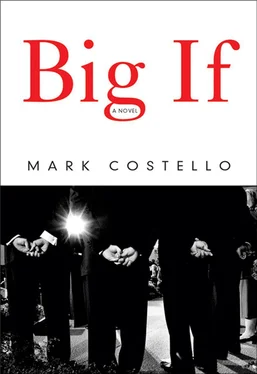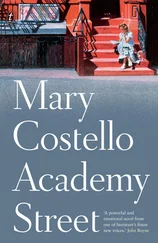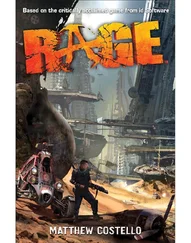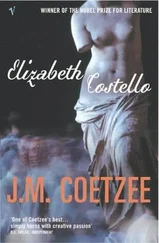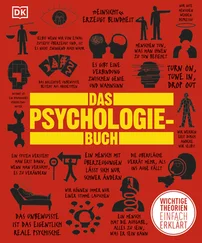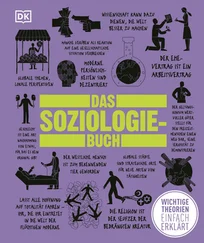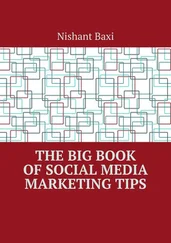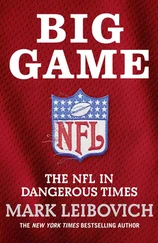Just another day in heaven with the Dutchman, and when it was all over, the posse had a story to bring down the mountain into Santa Barbara on their day off. The journalists and generals hung out at the Biltmore. The agents commandeered a London-style pub with forty-seven beers on tap and dollar bills tacked to the rafters. The pub was up the coast a bit, near the county trauma center, and often full of nurses getting off. Tashmo dated many nurses from the pub and learned a lot about the nursing profession. Like they don’t wear white and look down on those who do. Like they spend every December in Reno dealing blackjack — the money was better and you skied. Like every pit queen in Nevada is actually a California trauma nurse, thinking about skiing as she deals. These were things you could only learn in a beachfront pub, cheating on your family back home.
He went to the pub one afternoon during his second evolution to the ranch, just after the inaugural in 1981. The pub was dead, he remembered that. The other men were on the mountain guarding Reagan. Tashmo sat at the bar and had a Foghorn by himself. The bartender was a new guy, a fill-in. Tashmo asked for the darts. The new guy said he’d have to take a credit card impression as security.
Tashmo said, “I’m in here all the time.”
They went back and forth about the darts, the policy, the credit card impression. Tashmo turned on his stool and saw a woman in a booth across the bar. It was Lydia Felker, eating a bleucheeseburger, reading TV Guide .
For a moment, he thought that she had stalked him all the way from Maryland. He considered walking out, or ducking in the men’s, but she saw him at the bar and waved. It wasn’t a fraught wave. It was just a Hi there sort of deal and back to her reading.
He sipped his Foghorn, thought it through. Felker’s mother lived in Fresno, a few hours north. Lydia was probably staying with the mom and had come down to spend the weekend with Lloyd. It was just the thing Tashmo himself had recommended, a change of scenery to shoo the housewifely blues. He could even imagine Lloyd’s therapeutic itinerary, a visit to the painted caves, the Itty-Bitty Railway, and maybe, if there’s time, the aquarium. Tashmo figured he was in the clear.
“Want them darts or not?” the bartender said.
He took his stein of Foghorn across the London pub and said hello to Lydia. He remembered how she offered him the radish garnish on her plate, how she tore a match from a book of matches and used it as a bookmark when she closed the TV Guide . He remembered how he took the pungent radish in his fingers. It was cut like a flower. He ate it as a gesture — look, I’m cool, I’m non-hung-up, I’ll eat your garnish — and he remembered how he suddenly remembered that he hated radishes.
She looked at him and said, “I guess you dumped me, Tash. I waited for you in the motel, three weeks in a row.”
The radish was burning in his belly as he started his Unknown Soldier speech, the speech he never finished at the Tomb.
She cut him off. “Did you lose your nerve?” she asked.
He tried to be Reaganesque about it, mimicking his hero, grinning like he didn’t hear the question.
“Nerve — did you lose it? I thought we were having fun.”
The Reagan thing didn’t work for him, so he tried Carter. He pulled a quivery, conscientious face. “I’m married, Lydia. There are long-range issues requiring much study. I have lusted in my heart.”
She said, “That’s your trip,” and pushed her plate away.
He remembered how the pub slowly filled that afternoon, nurses coming in, surfers playing darts in flip-flops, the hour creeping toward the shift change on the mountain. He drank stein after stein, but couldn’t wash the taste of radish off his tongue.
She said, “I was supposed to spend a month in Fresno. Ever try to spend a month in Fresno? Mother Felker didn’t really see me at my best, I fear. She claims I shoplifted. Claims she saw me shoplifting. Says the Felkers of Fresno have a name to protect. I said, ‘Let me tell you something, Mother Felker, there’s no way you saw me shoplifting.’ So I drifted over here. I don’t care about your wife. I don’t care about your kids. How are they, by the way?”
“Good,” said Tashmo.
“I don’t care.”
She said Lloyd had tickets to a brass ensemble, an all-atonal program at the hanging gardens. Lloyd would be on the mountain until four-o’clock. It was half past two.
Lydia said, “What do you want to do?”
He was out of presidents. He answered as himself.
She was living toward Oxnard in a rented trailer in a colony of trailers in a parking lot along the PCH. They got there, he gargled with cheap scotch, and they made love.
He would come to know the trailer well. Reagan spent fourteen days at the ranch after the inaugural. Whenever Lloyd was in the hills, Tashmo was living in the trailer with his wife. Tashmo connived the duty charts, putting himself on when Lloyd was off, off when Lloyd was on, becoming, in effect, the anti-Lloyd. He drove the canyons from the ocean to the ranch, switchbacks like a ladder, headlights below him in the night, many sets, crawling back and forth. He drank Sanka at the trailer from the same chipped mug, standing in the open door, watching the morning surf pile up a mist. His eyes traveled down the coast and up the mountain walls. The beach outside the trailer was duneless, hard-packed. He dumped the dregs and the wind took them. He was thirty-three years old, had saddle sores, a bite mark on his calf, and rashes from his radish allergy, and had never felt stronger in his life.
They walked the beach at sunset, played Scrabble in the kitchen, drove to Montecito for cheap Mexican. She scrambled eggs at midnight and talked about her television days.
She said, “I was Quinn Martin’s favorite for a few seasons. He threw me a ton of work. Quinn has a reputation, but he was sweet to me.”
She wore a big sweater, faded jeans, and no underpants.
Tashmo said, “Quinn Martin?”
“ Harry O and Cannon, Barnaby Jones . A certain pulpy gravitas. Act I, Act II, Epilogue.”
Tashmo asked her if she missed the acting.
“No.” She thought about it. “No. I was typecast. It’s every actor’s dread. I was always playing frightened witnesses. That’s how I met Lloyd. I was sick of the type-casting, I wanted to break free, so I went to Fresno. Buried Child , summer stock. I was Shelly, the girlfriend with the heart of gold. One night, Lloyd came to the show. He was into cultural self-improvement even then, poor bean. He sat in front, a scratchpad on his knee, noting his emotions with a penlight pen. After Shelly ditched the shitheel, Vince, Lloyd asked me out to the half-priced matinee at the Fresno Planetarium. The wheeling Milky Way got me hot and bothered, so I unzipped his fly. He resisted — momentarily. Lips and milkiness, I guess I blew his mind. Within a week, we were engaged. I called my agent in L.A., told him I was through. He begged me to reconsider. ‘Give it two more years,’ he said, ‘we’ll get you other roles. You won’t always play the frightened witness. I just saw a casting call — you’d be prefect for it. It’s called Hill Street Blues , you’d play the captain’s wife. She’s basically the star of the entire show.’ I told him no, I was getting while the getting’s good. He said, ‘No one marries their agent, Lydia. It’s always a disaster, and besides, I’m your agent. You signed an exclusive with me.’ I told him Lloyd was not that kind of agent. He said, ‘Oh my God, you’re marrying a literary agent? What will you do for food?’ I told him Lloyd wasn’t literary, he was literal — utterly and totally, heroically literal. He was clear — Lloyd. In his head. His mind was a perimeter, and clear , and, God, I thought I wanted that after television. So we got married and came east to Maryland. And the rest, as they say, is histrionics.”
Читать дальше
